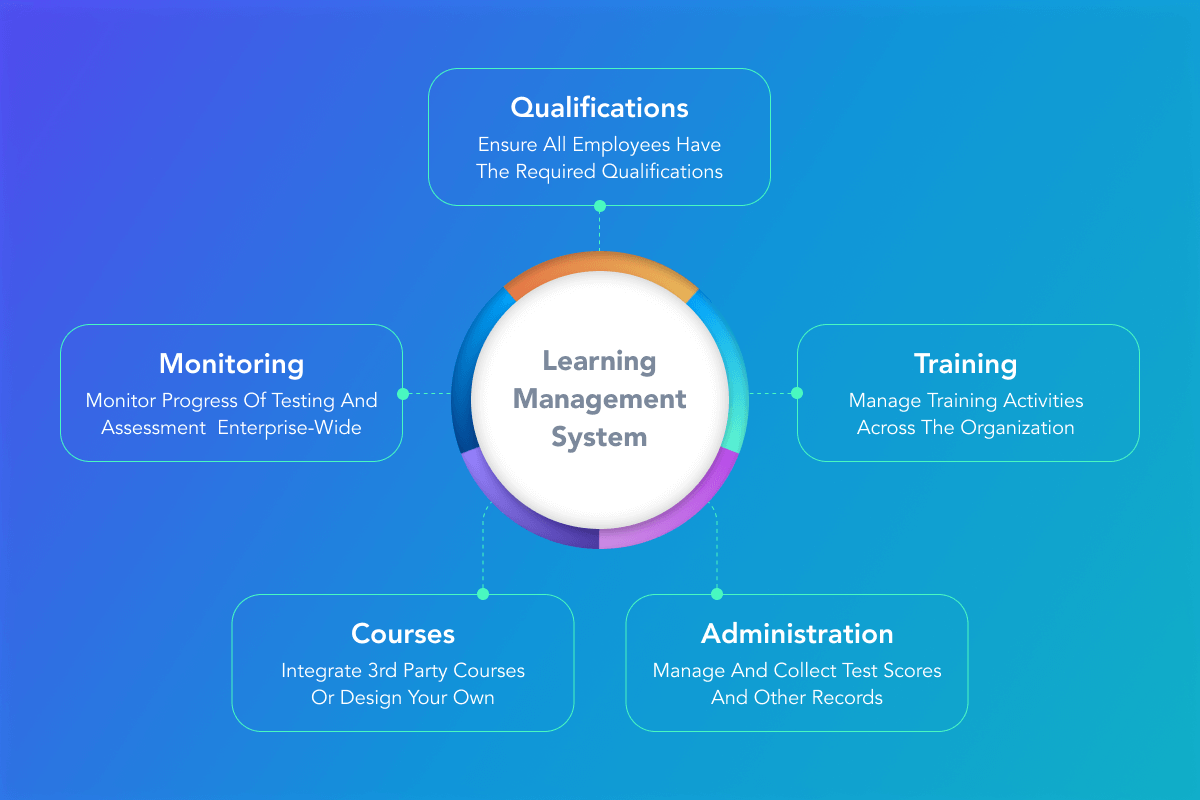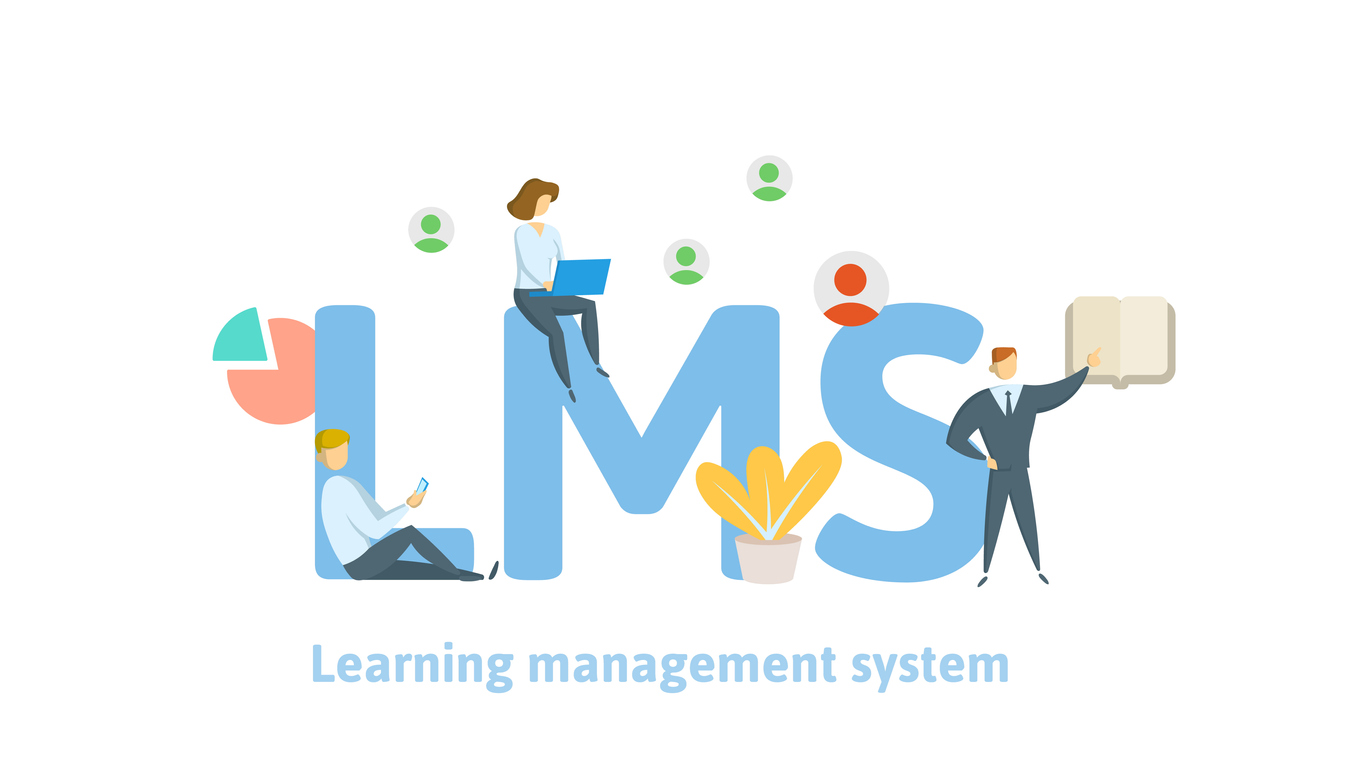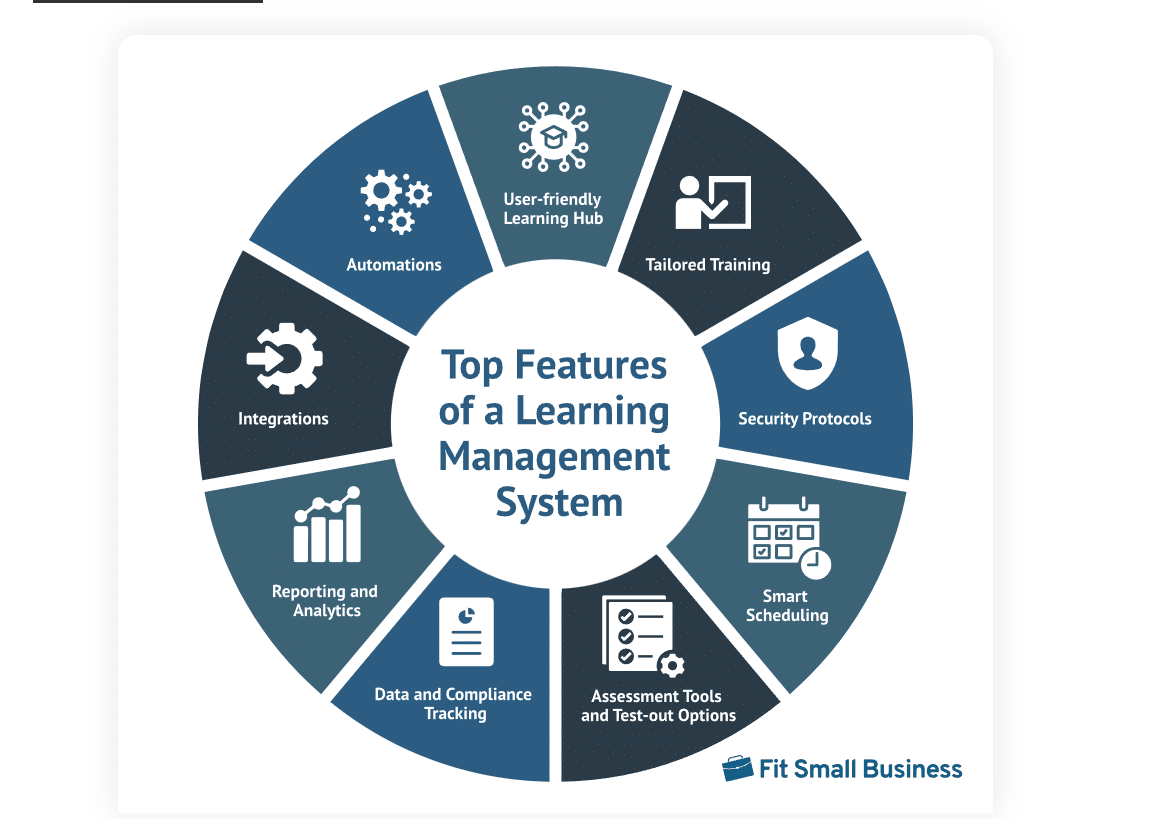LMS Singapore: A Step-by-Step Guide to Selecting the Perfect Learning Management System
LMS Singapore: A Step-by-Step Guide to Selecting the Perfect Learning Management System
Blog Article
Enhance Education With a Leading Understanding Management System
In the ever-evolving landscape of education and learning, the fostering of a leading Learning Administration System (LMS) offers a critical chance to enhance procedures and enhance both teaching and learning experiences. By automating management jobs and offering customized finding out paths, an effective LMS not just helps with much better engagement but also fosters an environment conducive to cooperation and inclusivity (LMS Singapore). The combination of such a system raises vital questions regarding its application and the level of its effect on student end results. What techniques should organizations take into consideration to take full advantage of these benefits?
Advantages of a Knowing Management System
A Knowing Monitoring System (LMS) offers many benefits that can dramatically boost the educational experience for both educators and learners. Mainly, an LMS promotes structured course administration, enabling instructors to manage program products, track student progress, and evaluate efficiency effectively. This automation decreases the administrative burden on educators, enabling them to concentrate a lot more on training and trainee involvement.
Additionally, LMS platforms support tailored discovering paths, suiting varied learning designs and paces. This versatility promotes an extra inclusive atmosphere, enabling learners to gain access to sources that best suit their demands. Additionally, the access of an LMS permits pupils to involve with program content anytime and anywhere, promoting self-directed discovering and accommodating different schedules.
One more noteworthy advantage is the boosted partnership chances an LMS gives. Conversation forums, team projects, and peer analyses urge communication among learners, boosting their understanding via shared point of views. Moreover, the information analytics functions of an LMS enable teachers to gain understandings into learner involvement and efficiency, notifying training approaches and treatments.
Key Features to Search For

Next, robust reporting and analytics abilities provide beneficial insights right into learner progress and engagement, allowing instructors to make data-driven decisions. Assimilation with various other devices, such as material writing software and communication systems, is also essential for improving functionality and streamlining operations.
Scalability is another vital function, making certain that the LMS can grow together with the organization's requirements, fitting a raising number of users and content. Furthermore, mobile compatibility is critical in today's digital landscape, enabling learners to access instructional materials on various gadgets.
Lastly, strong safety measures must remain in place to shield delicate details and preserve compliance with educational guidelines. By focusing on these key functions, companies can select an LMS that supports reliable mentor and learning outcomes, inevitably enhancing the instructional experience for all stakeholders involved.

Enhancing Trainee Interaction
Pupil engagement is a critical variable in the success of any instructional program, as it straight affects discovering end results and retention rates. A robust Discovering Monitoring System (LMS) can play a pivotal duty in enhancing pupil involvement with different innovative functions.

Additionally, tailored learning paths enable trainees to advance at their own rate, satisfying individual understanding styles and choices. This flexibility not only fosters a feeling of ownership over their learning journey but additionally keeps trainees spent and inspired.
In addition, real-time feedback systems enable educators to keep an eye on student performance and give prompt assistance, further enhancing the learning experience.
Implementation Techniques for Establishments
Successful execution of a Discovering Administration System (LMS) calls for institutions to embrace a critical technique that straightens technology with educational objectives. To attain this, institutions ought to start by conducting an extensive needs assessment to identify details demands, making sure that the LMS will successfully address challenges faced in teaching and understanding.
Following, engaging stakeholders-- faculty, managers, and students-- is critical for promoting a society of cooperation and support. Educating sessions should be organized to equip individuals with the necessary skills to utilize the LMS properly. In addition, organizations should allot sufficient sources, consisting of time and budget, to help with a smooth transition and continuous upkeep.
In addition, developing a phased rollout strategy can assist mitigate prospective disruptions. Establishments can start with pilot programs to evaluate performance and gather responses before full-scale implementation. Constant analysis and adjustment of the LMS based on individual experience will additionally improve its effectiveness.
Lastly, it is necessary to connect a clear vision of just how the LMS supports instructional techniques, thereby encouraging buy-in from all parties included. By complying with these techniques, institutions can make sure a successful LMS execution that eventually enhances the instructional experience.
Determining Success and Outcomes
Gauging the success and end results of a Learning Administration System (LMS) is essential for identifying its influence on teaching and knowing. This process includes the collection and evaluation of qualitative and measurable data to review the performance of the LMS in achieving academic objectives. Key efficiency signs (KPIs) such as trainee involvement rates, course conclusion prices, useful source and assessment ratings offer crucial insights right into individual interaction and learning results.
Moreover, surveys and comments devices can capture the experiences of both educators and trainees, providing valuable perspectives on use, content relevance, and overall contentment. By triangulating these information sources, institutions can identify staminas and areas for improvement within the LMS structure.
Additionally, lining up LMS metrics with institutional purposes boosts responsibility and sustains strategic preparation. Ultimately, a systematic strategy to measuring success and results not just guarantees constant renovation of the LMS yet likewise fosters a society of data-driven decision-making.
Final Thought
The integration of a leading Learning Administration System (LMS) significantly improves instructional experiences by automating administrative jobs and providing individualized learning possibilities. By fostering partnership and inclusivity, an efficient LMS not only enhances pupil engagement but likewise drives far better understanding results. Institutions should focus on the option and application of an LMS that lines up with their objectives, making sure robust analytics and interactive content are used to measure success and continually boost the instructional environment.
An Understanding Management System (LMS) uses countless benefits that can substantially boost the educational experience for both i loved this educators and students.Additionally, LMS platforms sustain customized knowing courses, accommodating varied knowing designs and speeds.Measuring the success and results of a Learning Management System (LMS) is necessary for determining its effect on teaching and understanding.The assimilation of a visit leading Learning Management System (LMS) significantly boosts academic experiences by automating administrative tasks and providing individualized learning chances. By fostering cooperation and inclusivity, an efficient LMS not only improves student involvement however likewise drives much better knowing outcomes.
Report this page